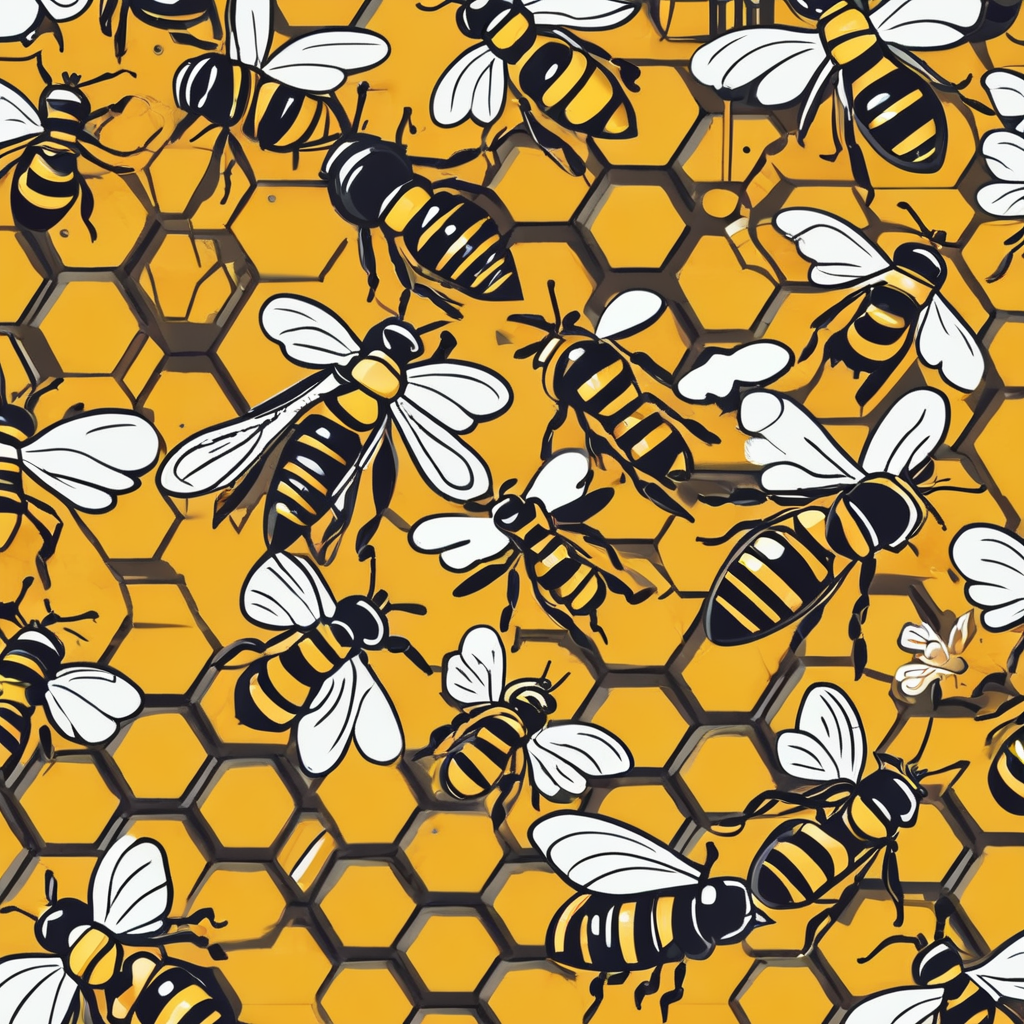Practical Strategies for Enriching Uncommon Pets in the UK
Enhancing uncommon pet enrichment UK involves understanding the unique needs of reptiles, birds, and small mammals. To promote wellbeing, focus on environmental stimulation for pets through habitat variety and sensory experiences. For reptiles, providing naturalistic enclosures with diverse textures and basking spots encourages exploration and natural behaviours. Incorporate branches, hiding places, and live plants to simulate their native environment.
Birds benefit from interactive toys that challenge their problem-solving skills and encourage physical activity. Rotating toys regularly maintains interest, while foraging opportunities mimic their instinctual behaviours. Small mammals such as hamsters and guinea pigs thrive when offered tunnels, chewable materials, and varied substrates for digging and burrowing.
Have you seen this : What Makes UK Pets Different from Other Animals?
Daily routines are vital. Establish consistent feeding times and include training or gentle handling sessions to promote mental engagement. Sensory stimulation can be enhanced by introducing safe scents and sounds appropriate to each species. By integrating these strategies into exotic pet care tips, owners in the UK can significantly improve their pets’ quality of life. Prioritising uncommon pet enrichment UK ensures that unique companions remain healthy, happy, and active.
Habitat Setups Following UK Standards
Creating an exotic pet habitat in the UK demands strict adherence to DEFRA guidelines to ensure animal welfare. These regulations outline specific pet housing requirements, including minimum space, ventilation, and hygiene standards. For example, cages for small mammals must allow natural movement and hiding opportunities, while tanks for reptiles require controlled temperature gradients and UV lighting to mimic natural conditions accurately.
Also read : How Can UK Residents Legally Adopt Exotic Pets?
Beyond size and structure, the environment must be stimulating and enriched, promoting natural behaviours. DEFRA emphasizes the importance of varied substrates, climbing structures, and interactive elements tailored to species-specific needs. This approach not only aligns with legal mandates but supports mental and physical wellbeing.
To comply, many pet owners seek reliable UK-approved habitat products. These come from certified suppliers who guarantee materials safe for exotic species and compliant with the DEFRA guidelines. Examples include UVB lamps designed explicitly for reptiles or naturalistic enclosures built with non-toxic, durable components.
Understanding these comprehensive requirements allows responsible caretakers to establish habitats that meet both legal standards and the crucial welfare needs of exotic pets in the UK.
Diet Variety and Feeding Enrichment
Feeding an exotic pet in the UK demands an understanding of species-specific nutrition to ensure health and well-being. Different species require tailored diets that mimic their natural intake. Owners should seek exotic pet diet UK resources to find appropriate, locally-sourced ingredients that meet these unique needs. For example, some reptiles need calcium-rich foods, while certain birds require a mix of seeds and fruits—each diet must align with the pet’s biology.
Incorporating feeding enrichment goes beyond simply providing food; it involves stimulating natural foraging instincts. Using tools such as foraging toys or puzzle feeders encourages physical activity and mental engagement. These methods prevent boredom and improve dietary variety while helping pets develop natural behaviors in captivity.
Routine feeding schedules balance nutrition and enrichment, promoting digestive health. Pet owners should consult specialists who offer up-to-date advice on exotic diets, particularly those familiar with UK-based food sources and regulations. This expert guidance ensures all nutritional needs are met safely and responsibly. By combining exotic pet diet UK knowledge with thoughtful feeding enrichment techniques, caretakers provide a healthier, happier life for their exotic companions.
Socialisation and Behavioural Enrichment
When considering exotic pet socialisation UK, it’s crucial to recognize that many uncommon pets have distinct social needs compared to traditional animals. Some species, like certain parrots or ferrets, thrive on interaction and companionship, while others prefer solitude. Understanding these differences is key to promoting their wellbeing.
Safe pet bonding involves gradual introductions and closely monitoring responses to interaction. For social species, frequent contact, gentle handling, and providing opportunities for play encourage trust and reduce stress. In contrast, solitary exotic pets benefit from environmental enrichment rather than forced social interactions.
Behavioural enrichment is essential regardless of social tendencies. For social species, this might include interactive toys, puzzles, and occasional group activities that stimulate natural behaviours. Solitary animals often require habitat enhancements, such as climbing structures or hiding spots, to alleviate boredom and promote mental stimulation.
In the UK, where space and climate might influence an exotic pet’s comfort, enrichment strategies should be adapted to indoor or outdoor settings. Providing species-appropriate enrichment not only improves quality of life but encourages natural behaviours, easing stress and supporting healthy pet bonding over time.
Expert Resources, Welfare Standards, and Support in the UK
In the UK, exotic pet welfare is governed by comprehensive legislation overseen by DEFRA, which sets clear standards to ensure the health and wellbeing of non-traditional pets. These regulations mandate proper housing, diet, and veterinary care, emphasizing the importance of meeting each species’ unique needs to prevent suffering. Following DEFRA recommendations provides a solid foundation for responsible exotic pet ownership.
The RSPCA guidance is a trusted and invaluable resource for exotic pet enthusiasts. Their specialist advice covers everything from suitable environments to behavioural enrichment, offering practical steps that align with the latest welfare standards. Such guidance helps owners understand subtle signs of distress or illness and when expert intervention is necessary.
For those seeking further support, there are multiple UK exotic pet resources available, including vet specialists who focus solely on exotic species. Access to enrichment supplies is also critical—these stimulate natural behaviours and improve the quality of life for exotic pets, making adherence to welfare ideals more achievable. Whether through consultations, informative literature, or community networks, owners are empowered to provide exceptional care that upholds UK exotic pet welfare standards.
